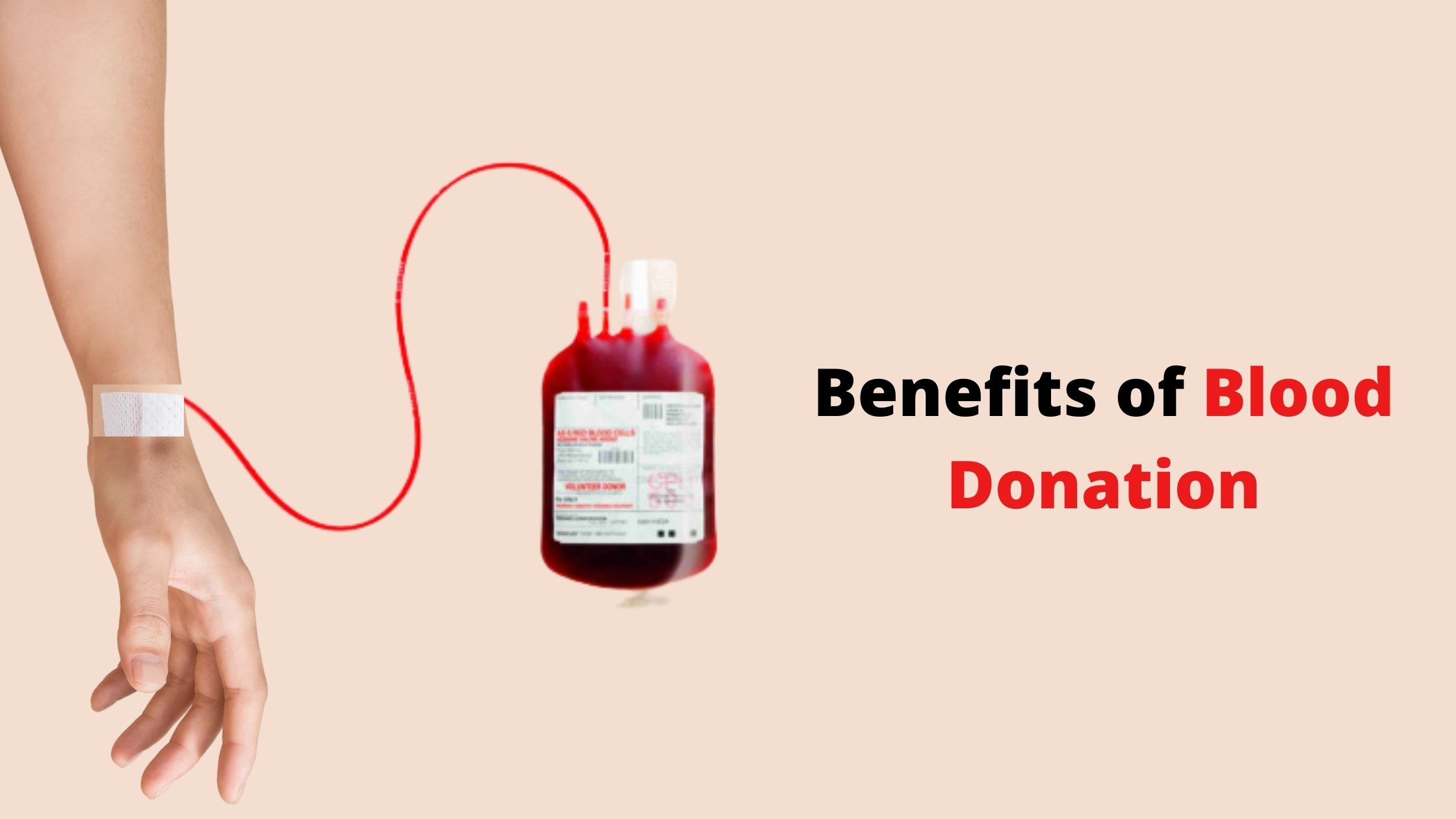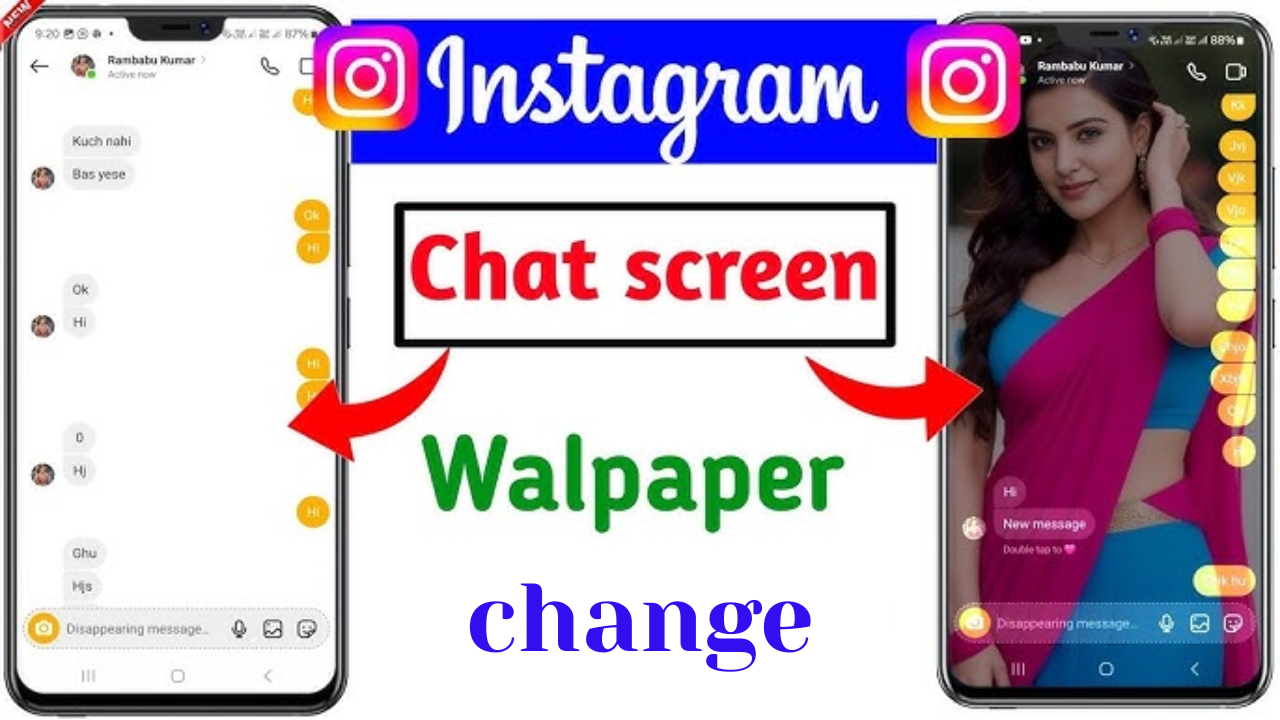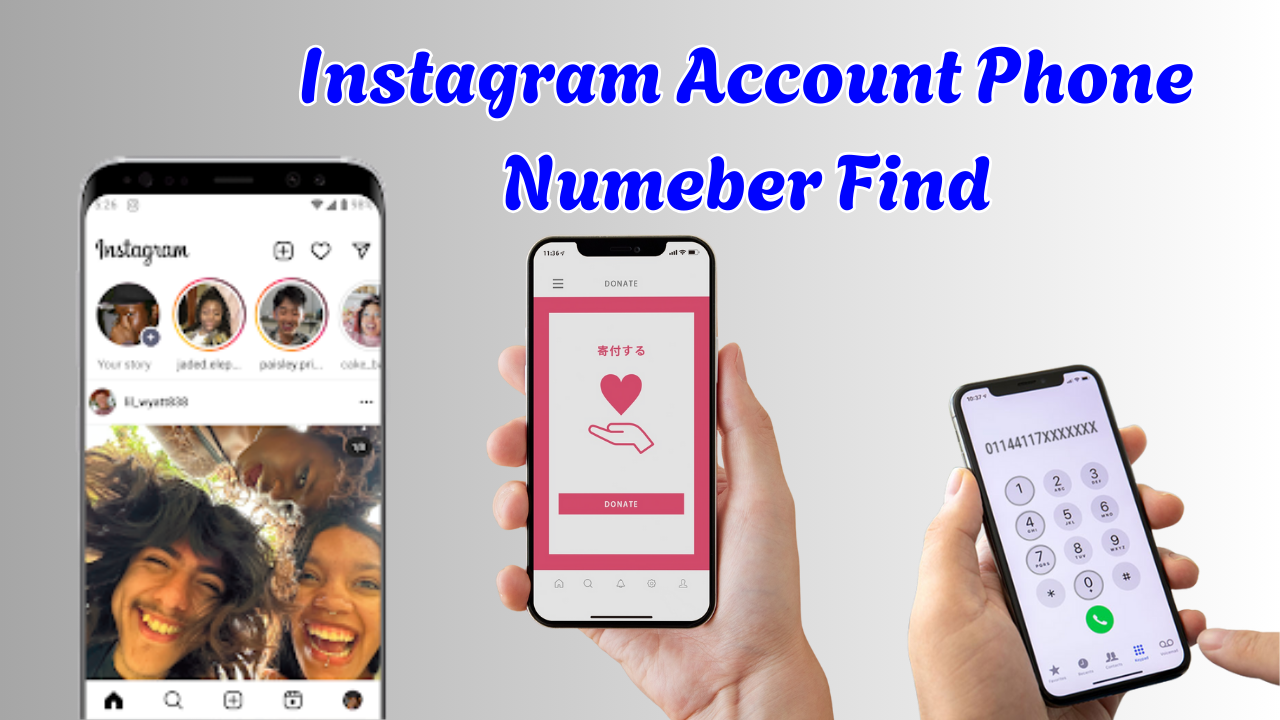Blood donation is a simple act with profound implications. Every day, thousands of people rely on donated blood for surgeries, cancer treatments, chronic illnesses, and traumatic injuries. Blood donation helplines are a critical link in the chain of life-saving measures, connecting willing donors with those in dire need. In this article, we’ll dive into everything you need to know about blood donation helplines—how they work, why they’re essential, and how you can get involved.
What is a Blood Donation Helpline?
A blood donation helpline is a service designed to facilitate blood donation by connecting donors with recipients. These helplines can be operated by hospitals, non-profit organizations, or government agencies, and they aim to streamline the process of donating and receiving blood.
Historically, blood donation helplines began as simple phone services but have evolved into sophisticated networks utilizing the latest technology to manage and coordinate blood donations effectively.
How Blood Donation Helplines Work
Blood donation helplines operate as intermediaries between donors and recipients. Here’s a breakdown of their primary functions:
- Connecting Donors with Recipients: They maintain databases of registered donors and recipients, ensuring that blood is available when and where it is needed.
- Emergency Response Mechanisms: In emergencies, such as natural disasters or mass accidents, helplines mobilize quickly to find suitable donors and arrange for immediate blood delivery.
Benefits of Blood Donation Helplines
Blood donation helplines offer numerous benefits:
- For Donors: They provide a straightforward way to find donation opportunities, ensuring that donors can give blood at their convenience.
- For Recipients: Patients can receive blood quickly, which can be critical in life-threatening situations.
- For Healthcare Systems: They help maintain an adequate blood supply, reducing the strain on hospitals and clinics.
How to Use a Blood Donation Helpline
Using a blood donation helpline is typically simple and user-friendly:
- Steps to Register as a Donor: Most helplines require potential donors to fill out a registration form, either online or via a phone call.
- How to Request Blood: Patients or their families can contact the helpline to request specific blood types or amounts.
- What to Expect During the Process: Donors are guided through the process, from eligibility screening to the donation itself, while recipients are informed about the steps to receive blood.
Prominent Blood Donation Helplines Globally
Several organizations run effective blood donation helplines:
- Red Cross Blood Donation Helpline: Renowned for its extensive network and reliable services.
- Blood Centers of America: A major player in coordinating blood donations across the United States.
- Other Notable Helplines: Various local and international organizations also play significant roles in blood donation efforts.
Technology and Blood Donation Helplines
Modern blood donation helplines leverage technology in various ways:
- The Role of Apps and Websites: Many helplines have dedicated apps and websites where users can register, find donation sites, and track their donations.
- Future Innovations: Emerging technologies, such as AI and blockchain, promise to enhance the efficiency and transparency of blood donation processes.
Challenges Faced by Blood Donation Helplines
Despite their benefits, blood donation helplines face several challenges:
- Logistical Issues: Coordinating blood donations across different regions can be complex.
- Donor Shortages: There is often a shortage of eligible and willing donors.
- Misinformation and Myths: Many people are hesitant to donate due to misconceptions about the process.
Success Stories and Impact
Blood donation helplines have had significant success:
- Real-Life Examples: Stories of lives saved through timely blood donations are numerous and inspiring.
- Statistics and Data: Data shows that organized helplines contribute significantly to maintaining stable blood supplies.
The Role of Volunteers and Community Involvement
Volunteers and community members play a crucial role:
- Volunteer Opportunities: Many helplines rely on volunteers for various tasks, from organizing drives to managing databases.
- Community Drives and Campaigns: Local blood drives and awareness campaigns are essential for encouraging donations.
Blood Donation Helplines During Emergencies
In times of crisis, blood donation helplines are indispensable:
- Natural Disasters: Quick mobilization of donors is critical during natural disasters.
- Pandemics: The need for blood remains high, even during global health crises.
- Major Accidents: Helplines ensure that victims of large-scale accidents receive the blood they need promptly.
Safety and Regulations
Ensuring the safety of blood donations is paramount:
- Ensuring Safe Blood Transfusions: Strict protocols are followed to test and handle donated blood.
- Regulatory Bodies and Standards: Organizations like the FDA and WHO set and enforce standards to ensure blood safety.
Frequently Asked Questions About Blood Donation Helplines
Here are answers to some common questions:
- Common Queries and Concerns: Many people have questions about eligibility, the donation process, and safety.
- Myth-Busting: Dispelling myths is crucial to encourage more people to donate.
How to Support Blood Donation Helplines
You can support blood donation helplines in several ways:
- Donations and Fundraising: Financial contributions help maintain and expand helpline services.
- Advocacy and Awareness: Spreading the word about the importance of blood donation can make a significant impact.
Blood donation helplines are a vital part of our healthcare system, ensuring that those in need receive the life-saving blood they require. By understanding how these helplines work and getting involved, you can play a crucial role in saving lives. So, why not take a moment today to register as a donor or support your local blood donation helpline?






I helping AB+ blood
Very good sir